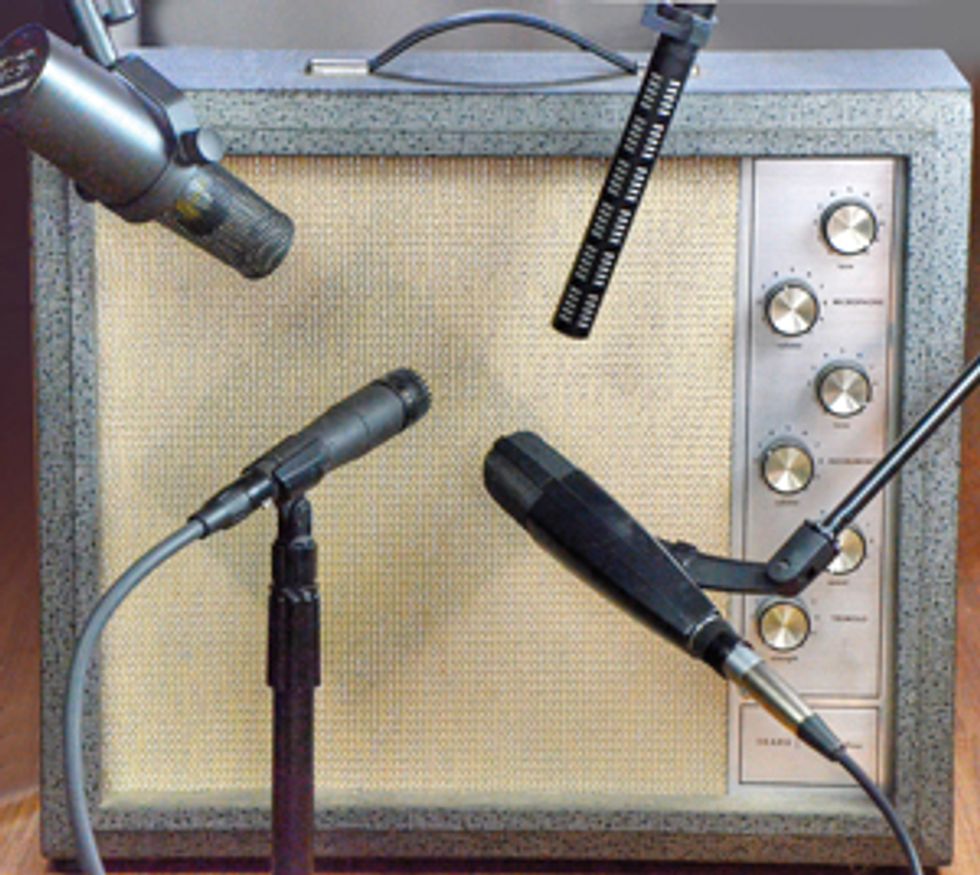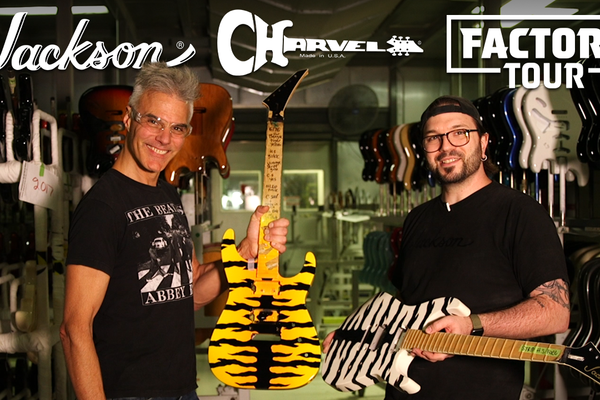Today’s increasingly sophisticated technology is making it easier and easier to identically duplicate the sound of a particular manufacturer’s instrument, amp, or effect. Once cloned, who then really owns

Today’s increasingly sophisticated technology is making it easier and easier to identically duplicate the sound of a particular manufacturer’s instrument, amp, or effect. Once cloned, who then really owns the produced sound?
When Led Zeppelin appropriated tunes like “Babe I’m Gonna Leave You” and “Whole Lotta Love,” some people— including the original authors—called it stealing. True enough, Jake Holmes’ 1967 composition and recording of “Dazed and Confused” predated Zeppelin’s version by two years. Although Holmes settled out of court with Jimmy Page after filing suit, others like Willie Dixon—with the same axe to grind—have been awarded back royalties and are now credited on Zep albums.
Plagiarism, whether intentional or not, has always been part of the music landscape. In fact, the idea of a “traditional” folk song is itself a tradition. And verbatim borrowing has been taken to new heights with the ease afforded by digital sampling and manipulation—some of the biggest songs of the last two decades have employed the cutting and pasting of previous hits. The issue is more than just credit due. It’s a financial one that hinges on the interpretation of copyright law. And as sung by Liz Phair in her song “Shitloads of Money,” “It’s nice to be liked, but it’s better by far to get paid.”
In the world of mechanics and technology, a system or practical idea can be protected from unauthorized use by a patent, which is different from a copyright or trademark. So what happens when a musical instrument, effects pedal, or amplifier effectively clones a sound identified with a particular manufacturer? We’ve all seen modeling amps with tongue-in-cheek setting names that hint or outright point to their influence and origin. Is it stealing or merely flattery? Certainly, if a product used a competitor’s trade name to describe a setting, it would be a case of trademark violation. But what about the actual sound itself?
This has all come to an even more complex debate with the arrival of new electronics that are able to analyze and mimic existing equipment on demand. And this new technology has provided a way for touring acts to consolidate their backlines in order to shave down shipping costs and reduce complexity onstage. Players like Brad Paisley, John Mayer, and Joe Bonamassa appear onstage with a veritable guitar shop of amps in order to deliver the sounds they need for performance. The setup time alone is a factor, not to mention the wear and tear on vintage equipment. So why gig with four or five different amps, cabinets, and a slew of effects pedals when it can all be copied into a single box in a few hours time?
All of this begs a seemingly simple question: Be it a guitar, amp, or effect, is it thievery to duplicate a sound? In the world of fragrance, a similar debate has raged in European courts for decades. Perfume giants like Lanc™me and Gaultier have sought legal remedies against clone products with varying results. In the case of scent, it can be argued that every individual’s olfactory reaction can be different and subjective. On the other hand, computer analysis of the actual molecules can be accomplished. Although there has been little consistency in court outcomes, this sort of intellectual property litigation is clearly becoming more frequent in areas that were previously somewhat immune. It wouldn’t be hard to look at a breakdown of an amplifier’s sonic signature and then compare it to another.
What this means going forward for instrument builders is anybody’s guess. New technologies open one door and unintended opportunities and consequences shadow them right over the threshold. Can we imagine a time when the “Les Paul sound” is protected by law? Will SWAT teams with sound-sniffing technology rush your bar-gig stage some day? It shouldn’t surprise you if there are attorneys already working on this right now.
 Jol Dantzig is a
noted designer, builder,
and player who co-founded
Hamer Guitars,
one of the first boutique
guitar brands, in 1973.
Today, as the director of
Dantzig Guitar Design, he continues to
help define the art of custom guitar. To
learn more, visit guitardesigner.com.
Jol Dantzig is a
noted designer, builder,
and player who co-founded
Hamer Guitars,
one of the first boutique
guitar brands, in 1973.
Today, as the director of
Dantzig Guitar Design, he continues to
help define the art of custom guitar. To
learn more, visit guitardesigner.com.

